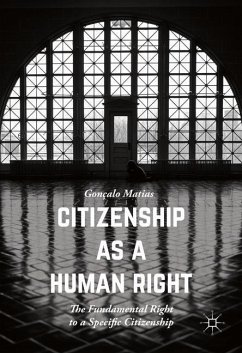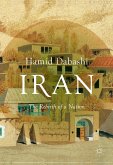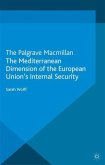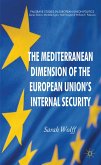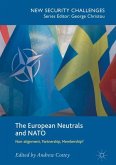This book examines a stringentproblem of current migration societies-whether or not to extend citizenship toresident migrants. Undocumented migration has been an active issue for manydecades in the USA, and became a central concern in Europe following theMediterranean migrant crisis.
In this innovative study based onthe basic principles of transnational citizenship law and the naturalizationpattern around the world, Matias purports that it is possible to determine thatno citizen in waiting should be permanently excluded from citizenship. Such aproposition not only imposes a positive duty overriding an important dimensionof sovereignty but it also gives rise to a discussion about undocumentedmigration. With its transnational law focus, and cases from publicinternational law courts, European courts and national courts, Citizenship as a Human Right: TheFundamental Right to a Specific Citizenship may be applied to virtuallyanywhere in the world.
In this innovative study based onthe basic principles of transnational citizenship law and the naturalizationpattern around the world, Matias purports that it is possible to determine thatno citizen in waiting should be permanently excluded from citizenship. Such aproposition not only imposes a positive duty overriding an important dimensionof sovereignty but it also gives rise to a discussion about undocumentedmigration. With its transnational law focus, and cases from publicinternational law courts, European courts and national courts, Citizenship as a Human Right: TheFundamental Right to a Specific Citizenship may be applied to virtuallyanywhere in the world.

